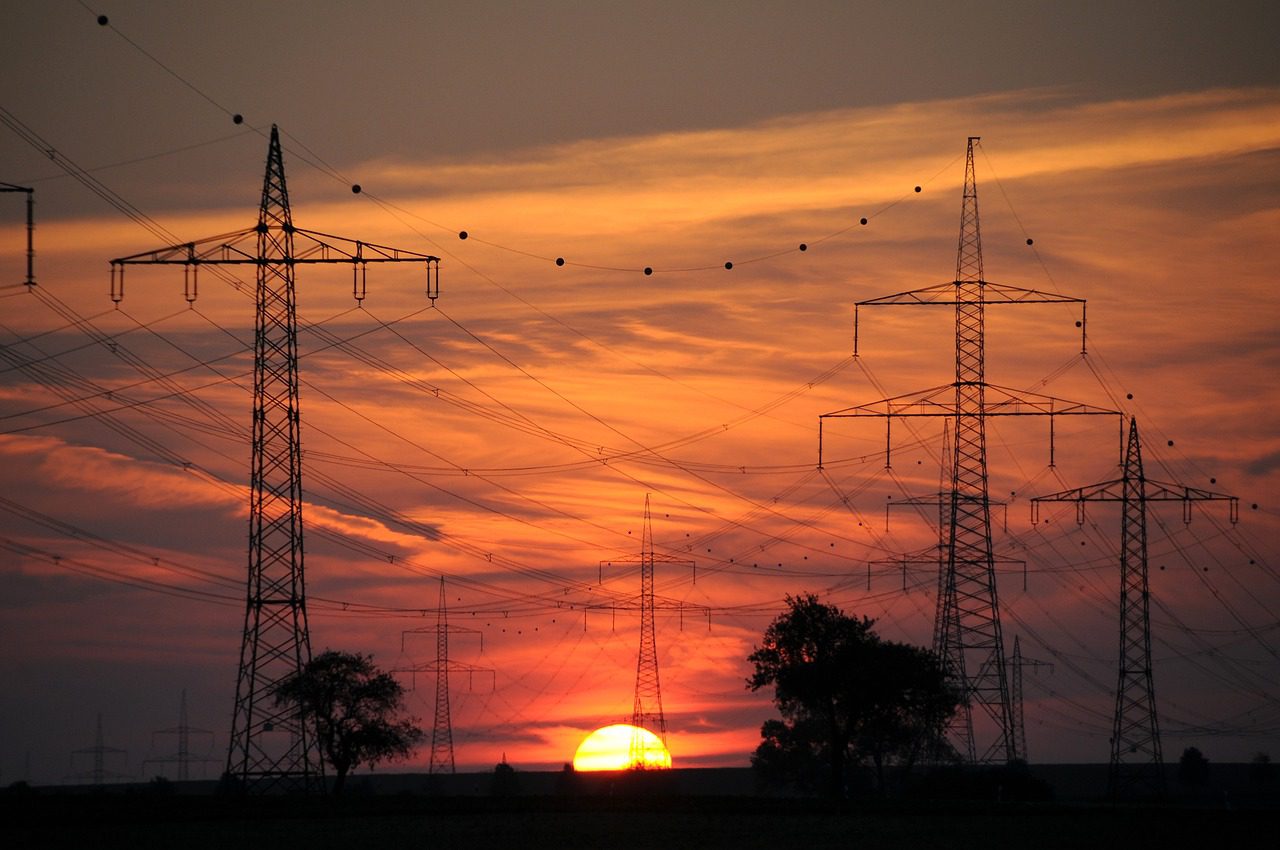
In an interview with the German newspaper Die Welt, the director of the German Federal Office of Civil Protection and Disaster Assistance, Ralph Tiesler, addressed the threat of blackouts. “We should expect blackouts this winter,” he said, adding that the “risk will increase from January and February onwards,” when regional disruptions will be experienced in the electric supply.
The threat of blackouts has long been a sword of Damocles above the heads of Europeans. According to Tiesler, Germans are much “more aware of potential blackout scenarios than just a few months ago,” and he renewed his call to Germans to stockpile necessities: “stock up on water, food, and basic medical supplies.”
With the exception of a few communities who have secured their own sources of basic electrical supply, critical infrastructure in Germany remains fragile.
„Ist die Stromversorgung im Winter gefährdet oder nicht? … Die kurze Antwort lautet: keine Panik. Denn die Aussagen von @BBK_Bund und @BNetzA sind nur auf den ersten Blick widersprüchlich. So kann es laut Bundesnetzagentur tatsächlich zu … (1/2) https://t.co/tGqsBo3hyT
— Klaus Müller (@Klaus_Mueller) November 21, 2022
In response to Tiesler’s interview, the president of the Federal Network Agency for Electricity, Gas, Telecommunications, Post, and Railway, Klaus Müller, took to his Twitter account and clarified that there was “no need to panic.” He quoted his agency’s claim that “electricity may be turned off this winter,” but that these regulations of the grid “should most of the time be announced, limited to certain regions, and last for a maximum of four hours.” Opinions among his Twitter followers on whether this is a comforting perspective were divided, especially given the fact that the qualifier “should most of the time” isn’t exactly a guarantee.
Regardless of whether Tiesler’s predictions of controlled blackouts come true, or i the entire electrical grid collapses, his statements should be the last warning shot not only for Germans but for all Europeans to stock up on basic supplies to prevent the worst in 2023.
